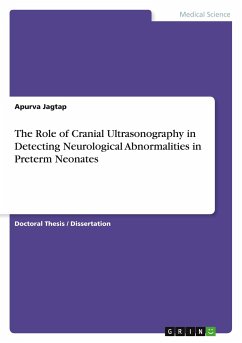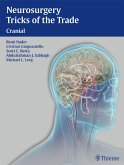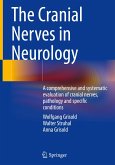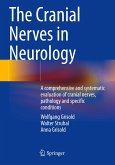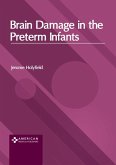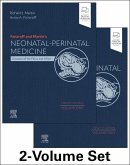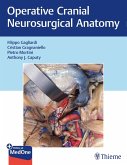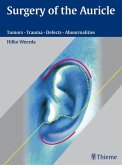Doctoral Thesis / Dissertation from the year 2022 in the subject Medicine - Radiology, Nuclear Medicine, , language: English, abstract: Neurological evaluation of premature neonates has become increasingly important as the incidence of premature deliveries has increased. The survival rate of very low birth weight babies has also increased due to the advent of newer NICU technologies. The survivors are at a greater risk for developing neurological impairments. About 10% of newborns that are born prematurely will acquire neurological injuries that may lead to significant learning disabilities, motor developmental disabilities, cerebral palsy, seizures and mental retardation. Some the brain injuries may be result of secondary hemodynamic alterations like white matter injury, germinal matrix hemorrhage, intra ventricular hemorrhage, periventricular leucomalacia, and cerebellar hemorrhage and atrophy. It is essential for the timely identification of the intracranial abnormalities so that adequate management can be provided to the neonates and will help in the life outcome thereby reducing mortality and morbidity. Neonatal sonography of the brain has become a crucial part of new born screening and management, especially in the care of high-risk premature neonates due to its non-invasive nature. Ultrasound technology now enables rapid and bedside evaluation of neonates in intensive care. Other imaging modalities for neonatal evaluation are CT brain and MRI brain. Due to risk of radiation exposure CT is not a preferred modality and also due to ineffective grey / white matter differentiation caused by higher water content in the brain of newborns. The wide acceptance of ultrasonography over computed tomography (CT) / magnetic resonance imaging (MRI) for brain screening is due to its portability, cost effectiveness, no ionizing radiation exposure, speedy and no sedation.
Hinweis: Dieser Artikel kann nur an eine deutsche Lieferadresse ausgeliefert werden.
Hinweis: Dieser Artikel kann nur an eine deutsche Lieferadresse ausgeliefert werden.

